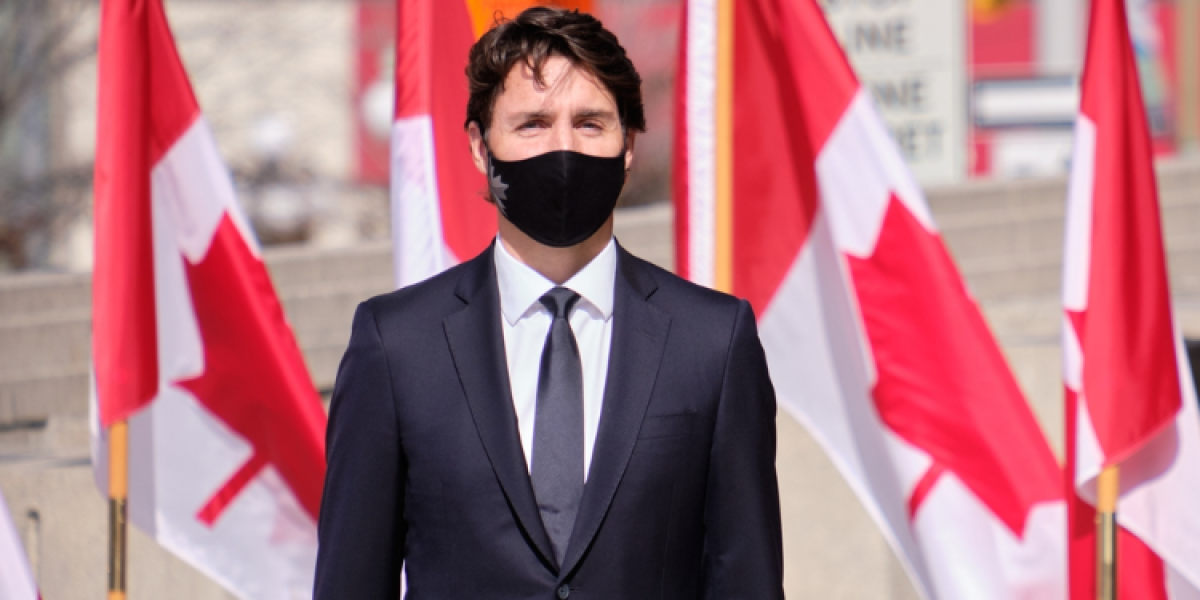
The Liberal Party led by Justin Trudeau was re-elected on September 20 with a minority government. This vote can be defined as the trust of Canadian residence in the Prime Minister. In this pandemic era, the support of the whole nation for another new four-year mandate is crucial. Other political parties have been talking about their ambitions regarding immigration, but it looks like the Liberal Party won the hearts with its proposed policies.
The Liberal Party – a pro-immigration party
Since his previous election in 2019, Justin Trudeau has always been a strong advocate for immigration. He gave the guarantee that this path would allow the government to meet the need for labour in regions facing a labour shortage and kept on increasing immigration quotas and encouraging Francophone immigration to promote diversity.
For its new mandate, the Liberal Party intends to follow the same path. The challenge is to reach the goal of more than 400,000 new immigrants this year, in 2021, 411,000 in 2022 and 421,000 in 2023.
The party is also clear on the major element that slows down immigration: the processing time of new applications. Recently, applicants in Quebec have waited for nearly two years to obtain their Permanent Residence. In the rest of the country, processing times have reached records since the beginning of the pandemic.
Therefore, the federal government has a significant role in restoring immigrants' confidence: more than promises, concrete actions must be taken. It's worth noting that before the pandemic, the deadlines for obtaining Permanent Residence outside Quebec (by Express Entry) had returned to “usual” deadlines ranging between 6 and 8 months. This delay is sometimes too long and also too costly for many immigrants. One of the promises Justin Trudeau made during his campaign is to reduce these delays and, above all, make applications free of charge. This includes no fees for permanent residence applications, shorter processing delays and more straightforward procedures for applications made by temporary foreign workers and former international students.
A focus on Francophone immigration
One of the priorities of Justin Trudeau from his previous mandates was to promote francophone immigration to better support Canada's bilingualism. While francophone immigrants are more numerous in Quebec, the Liberal Party has many arguments to convince them to choose provinces with minority French communities. With Francophone Mobility work permits (where the person is linked to a company) or by obtaining additional points in the Express Entry program for Francophone candidates, the government wants to boost skilled and unskilled labour in other regions of Canada.
These policies are likely to speed up the integration process and obtain permanent residence while allowing candidates to live in an English-speaking province.
Immigration seems to be one of the pillars of the liberal party led by Justin Trudeau, but the expectations of immigrants will be just as great as the ambitions and promises. Files are piling at Federal offices, processes are being delayed, immigrants are expected to be patient, calm and composed. But these qualities are difficult to combine in a pandemic period where the immigration status provides a range of benefits, including freedom and flexibility, especially when working in Canada.
So this government's new mandate has to take up the major challenge of fulfilling its promises without further delay.



















